
Research Porfolio
Welcome to Dr. Torlapati Group's research project showcase
Current Projects
A Systematic Framework Model to Assess the Feasibility and Environmental Impact of Wellhead Ignition Blowout
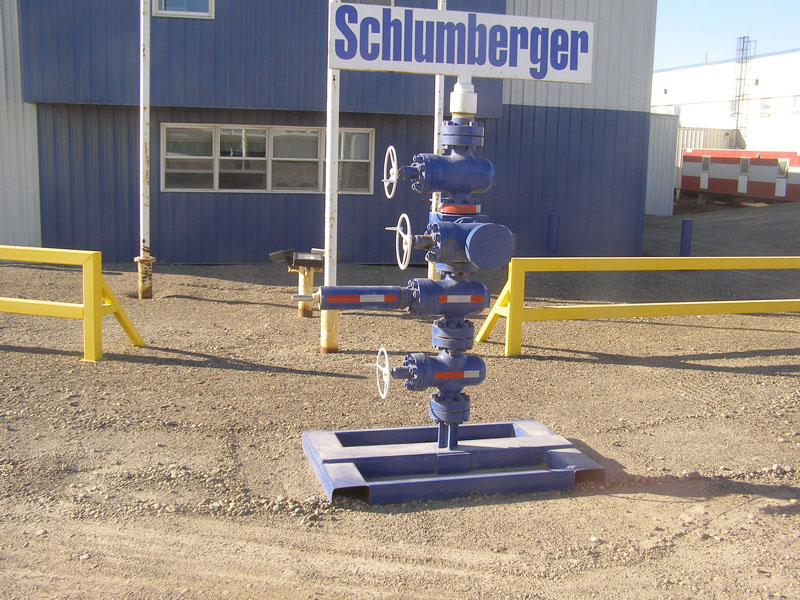
Sponsor: ADAC-Arctic, U.S Department of Homeland Security, Duration: 2 years (June 2024 - June 2025), Role:PI,
Total Award: $217,000
A wellhead blowout could cause an uncontrolled discharge of oil and gas in the Arctic. But intentionally igniting a wellhead could contain the blowout and limit the oil that escapes. The intentional ignition control method can limit environmental damage but there are currently no established standards for its use by owners and operators as a spill control strategy. Before employing intentional wellhead ignition, researchers must create a response framework and develop decision-making tools to evaluate the risks.
Eco-FAST: Decision-Making Framework for Pathways of Food Waste Disposal And Recycle
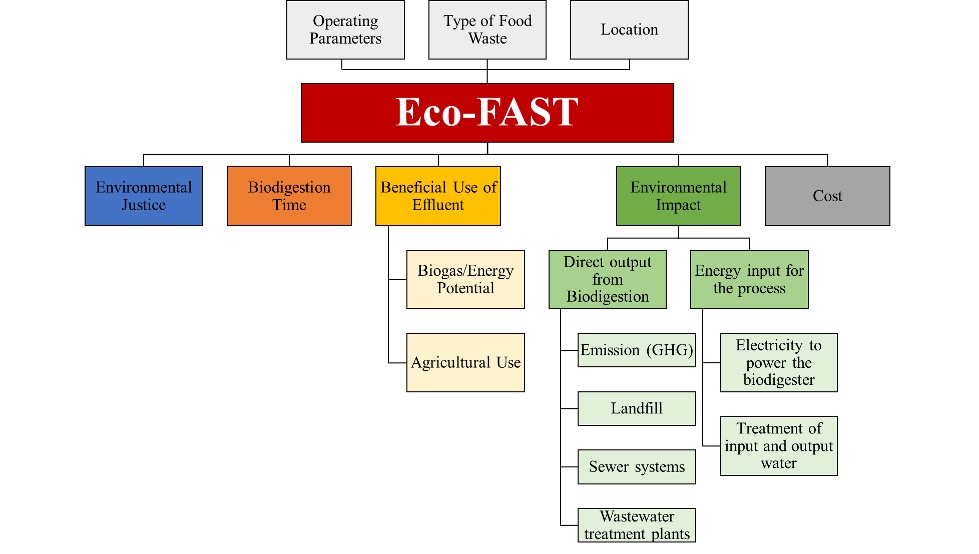
Sponsor: New Jersey Department of Environmental Protection, Duration: 2 years (Janary 2024 - December 2025), Role:PI,
Total Award: $267,318
In this research study, we propose the development of a web-based decision-making framework, Ecological Impact of Food wASTe Recycle Effluent (Eco-FAST), to assist the New Jersey Department of Environmental Protection and its stakeholders to utilize the byproduct of the biodigester system. This tool will be developed with data collected using experimental studies conducted in the laboratory. We propose a two-phase study with a one-year duration for each phase for a total duration of two years. Phase I of this study will include a comprehensive literature review to understand the traditional pathways for food waste disposal and to complete a life cycle analysis (LCA) that will be used to create a baseline for these traditional pathways. During this phase, we will conduct biodigestion experiments for different kinds of food material to investigate the effluent's beneficial uses and assess its energy potential. Furthermore, experiments will be designed for anaerobic digestion of the effluent to capture the emissions and measure the environmental impact.
Building Better Bridges Between Academia and Industry: Leveraging IPBs to Infuse Entrepreneurial Mindset
Sponsor: Kern Family Foundation, Duration: 3 years (July 2022 - July 2025), Role: Co-PI, Lead PI: Philip J. Parker, University of Wisconsin-Platteville
Total Award: $661,654 Rowan Subaward: $94,745 Media Release
The highest performing Industrial Advisory Boards (IABs) in the US today provide engineering programs with future-looking advice and in so doing energize the faculty in those programs. We envision IABs that go beyond offering advice about coming changes – they also help engineering programs understand how to prepare for coming changes and are active partners in preparing for these changes. In essence, we seek to transform Industrial Advisory Boards into Industrial Partnership Boards (IPBs), co-creators of the curricular and/or co-curricular activities that help the institution produce graduates with an entrepreneurial mindset (EM)
Innovative Technologies and Materials to Protect National Security Interests in the Arctic Region

Sponsor: U.S Department of Defense (CRREL), Duration: 2 years (May 2022 - May 2024), Role: Co-PI, Lead PI: Dr. Yusuf Mehta, Rowan University
Total Award: $5,528,000 Media Release
In this project, we study the impact of permafrost thaw on the ecosystems in the Arctic Region. There is a lot of carbon trapped in the permafrost and thawing of this permafrost increases the dissolved organic carbon levels in the streams and rivers which can significantly impact the ecosystems. This study will characterize the permafrost carbon and develop a methodology to optimize the remediation process of this carbon within the soil before it reaches the streams. Image source: Wikimedia Commons
Optimizing Drinking Water Treatment

Sponsor: American Water, Duration: 3 years (September 2023 - August 2026), Role: Co-PI, Lead PI: Dr. William T. Riddell, Rowan University
Total Award: $231,304
In this project, we propose to study the energy usage of current water treatment facilities and benchmark the energy usage for treating a gallon of water. This benchmarking process will be used to optimize the energy usage of the drinking water treatment processes in an American Water facility in New Jersey.
AI-Based VR Modeling for Identifying Threats to Water Resources in Landfills
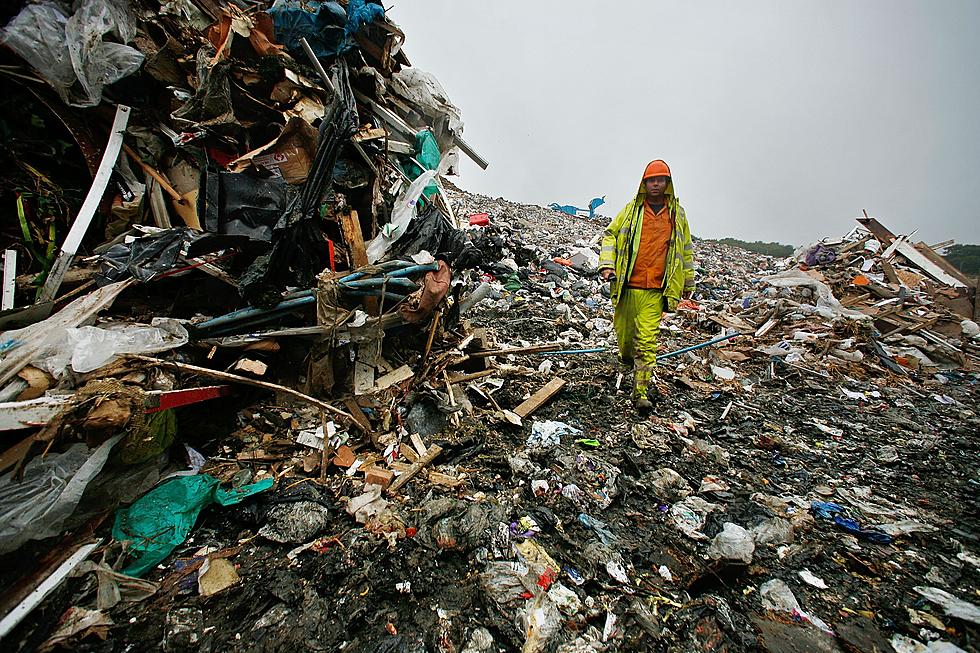
Sponsor: U.S Department of Agriculture, Duration: 2 years (September 2022 - August 2024), Role: Co-Investigator, Lead PI: Dr. Ghulam Rasool, Rowan University
Total Award: $221,384 Media Release
Landfill liners have become susceptible to breaking given the changes in the climate. Warmer temperatures in winter months and heavier storms throughout the year equal waste leaking out of landfills and into watersheds. The research team will also develop an analysis tool to assess water resources if extreme flooding were to release waste from landfills into the water resources that can be trained to landfill staff in helping maintain active landfills.
Understanding the Interconnectivity Between Intersection Traffic Congestion, Hospital Indoor and Outdoor Air Quality, and Patients’ Health for Smart Cities Methodology and Case Study in Camden, New Jersey
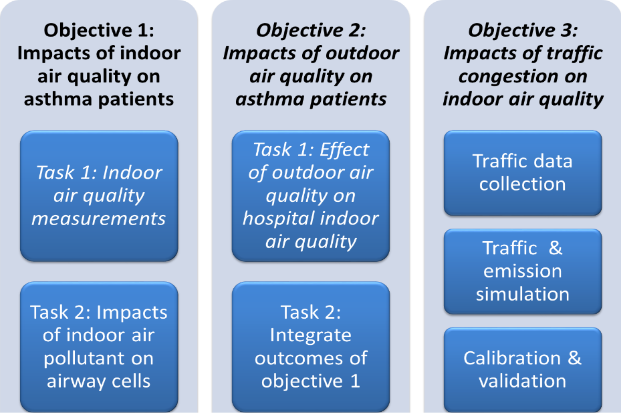
Sponsor: Camden Health Research Initiative, Duration: 1 year (January 2019-June 2022), Role: Senior Personnel, Lead PI: Dr. Yusuf Mehta, Rowan University
Total Award: $231,304
The research team has identified a location in Camden, New Jersey that will serve as a study site for the proposed seed funding. The team will focus on three objectives: 1) the impacts of indoor air quality on the asthma patients; 2) the impacts of outdoor air quality on the asthma patients; and 3) the impacts of traffic congestions on indoor air quality of the hospital building. The research team will utilize various regression analysis and machine learning based methods to develop the first set of models to estimate the impact of traffic congestions on indoor air quality and patient health.
Training Next Generation Faculty and Students to Address the Infrastructure Crisis
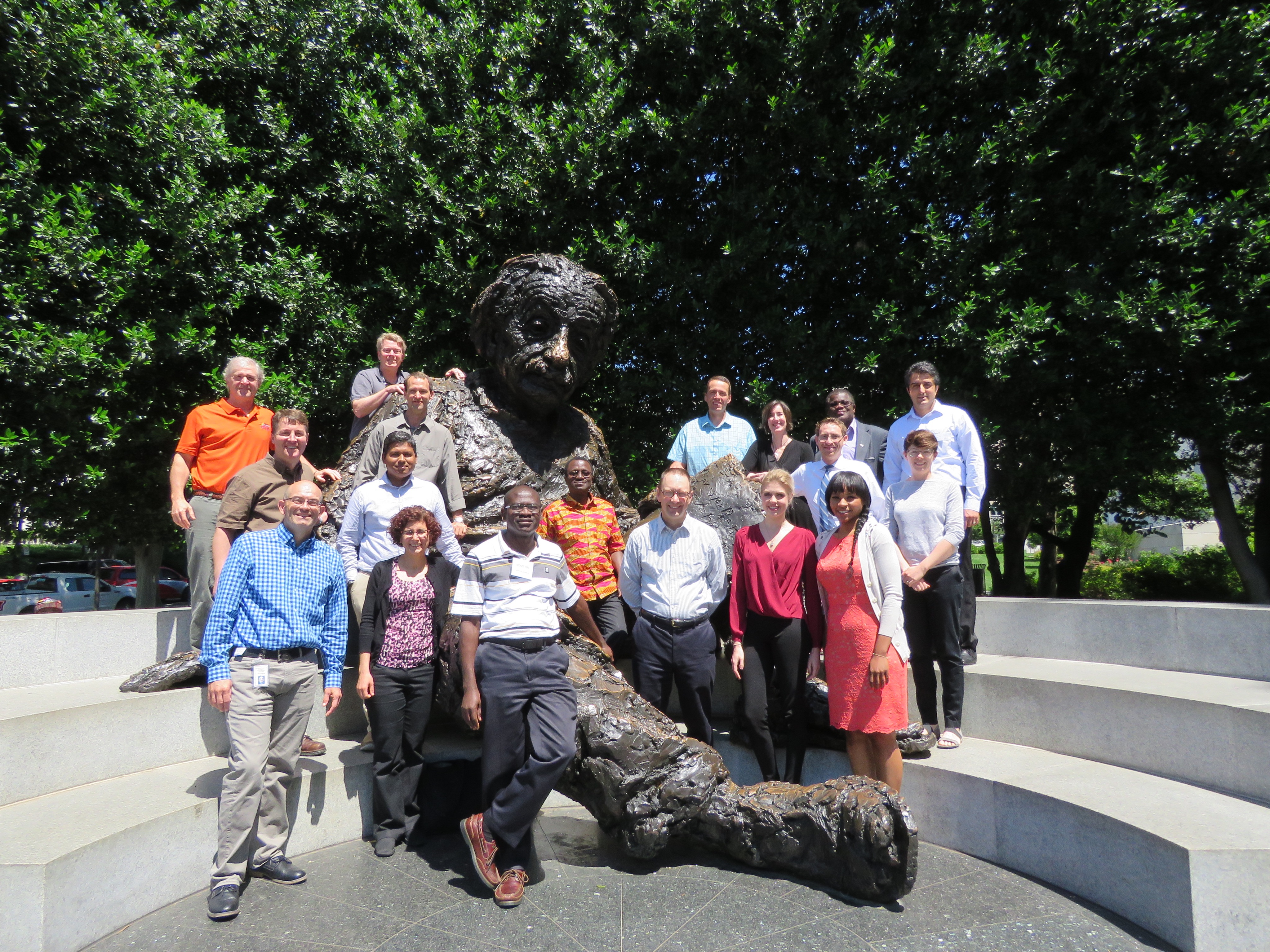
Sponsor: National Science Foundation, Duration:4 years (Sep 2013 - Sep 2017), Role: Co-PI, Lead PI: Dr. Ralph Dusseau, Rowan University
Total Award: $29,869
The project employs a creative model that engages collaborating faculty in roles of content creators and module maintainers of the infrastructure-themed course material to develop and sustain the community of practice. In addition, a structured plan to facilitate the adoption and institutionalization of infrastructure curricular material at the six collaborating institutions, and provide faculty development and support is used. More than 500 students and fifteen faculty at eight diverse institutions, including some with large numbers of underrepresented minority students, are directly impacted by the project activities, increasing the number of students and faculty with knowledge and expertise in sustainable infrastructure topics.